- by Admin
Canada PR & Visit Visa Service in Faisalabad
Canada PR & Visit Visa Service in Faisalabad Introduction As more individuals from Faisalabad look to explore better opportunities abroad, Canada continues to rank as one of the most preferred destinations. With its stable economy, multicultural society, and transparent immigration policies,



